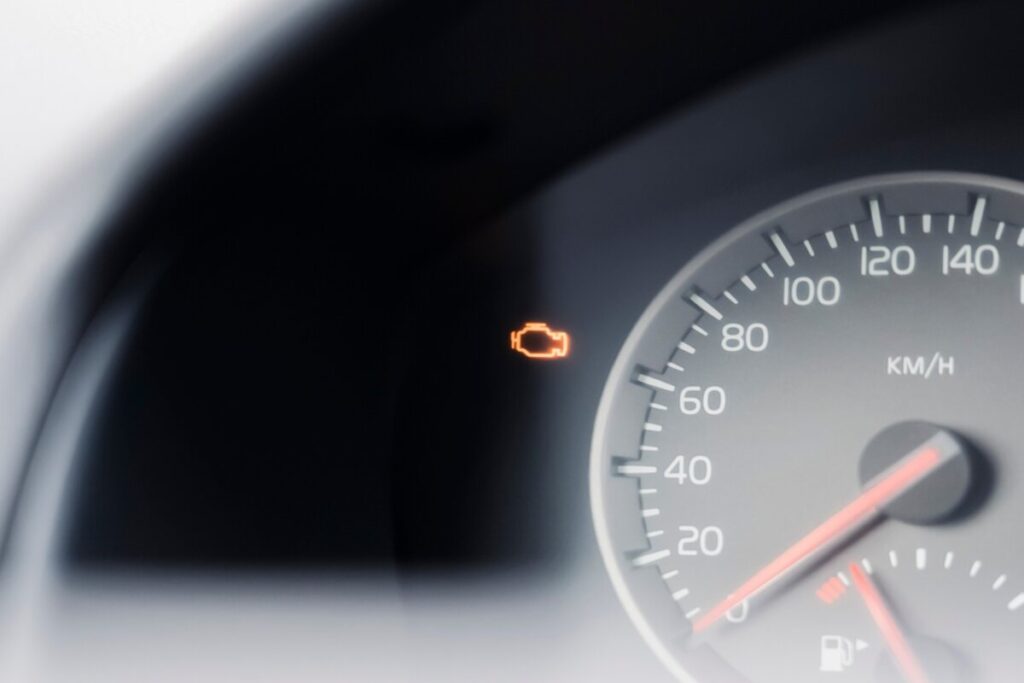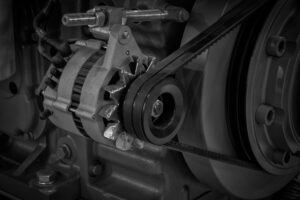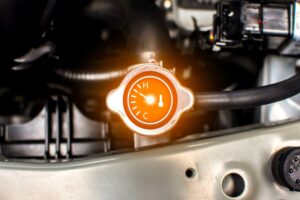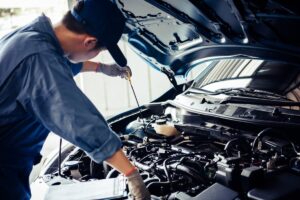You’re cruising down the highway, enjoying your favorite music, and suddenly, your Hyundai’s check engine light flickers on. Panic sets in as questions race through your mind. Is it serious? Should you pull over immediately? The check engine light is one of the most dreaded alerts for any driver, but understanding its common causes and fixes can transform this anxiety into confidence.
Understanding the Check Engine Light
The check engine light is part of your vehicle’s onboard diagnostics system. It serves as an alert mechanism, indicating that something in the engine or emissions system needs attention. Unlike other warning lights that signal specific issues, the check engine light can signify a range of problems, from a loose gas cap to a malfunctioning catalytic converter.
Common Causes of a Check Engine Light in Hyundai Vehicles
1. Loose or Faulty Gas Cap
One of the simplest and most common reasons for a check engine light in a Hyundai is a loose or faulty gas cap. If the gas cap is not properly tightened after refueling, it can cause the light to turn on. The gas cap ensures that the fuel system maintains proper pressure, and a loose cap can result in fuel vapors leaking out, triggering the warning.
2. Oxygen Sensor Malfunction
The oxygen sensor measures the amount of unburned oxygen in the exhaust system. It helps to regulate the fuel mixture that the engine burns. If the sensor is faulty or fails, it can cause the check engine light to illuminate. Replacing a faulty oxygen sensor is crucial as it affects fuel efficiency and emissions.
3. Catalytic Converter Issues
The catalytic converter reduces harmful emissions by converting exhaust gases into less harmful substances. If it’s not functioning correctly, it can cause the check engine light to come on. Issues with the catalytic converter are often related to other problems, such as a malfunctioning oxygen sensor or engine misfire.
4. Mass Airflow Sensor Problems
The mass airflow (MAF) sensor measures the amount of air entering the engine and determines how much fuel is needed for optimal performance. A faulty MAF sensor can disrupt the air-fuel balance, leading to poor engine performance and triggering the check engine light. Regular maintenance and replacing air filters can prevent MAF sensor issues.
5. Spark Plugs and Ignition Coils
Worn-out spark plugs or faulty ignition coils can cause engine misfires, leading to the check engine light turning on. These components are vital for the engine’s ignition system, and neglecting them can result in reduced fuel efficiency and engine power.
Diagnosing and Fixing the Issue
Using an OBD-II Scanner
An OBD-II scanner is a valuable tool for diagnosing the cause of a check engine light. Most auto parts stores offer free diagnostic services using these scanners. The scanner reads the trouble codes stored in the vehicle’s computer, providing insight into the specific issue.
Addressing Simple Fixes
For minor issues like a loose gas cap, simply tightening the cap and driving for a while may cause the light to turn off. However, more complex problems like a faulty oxygen sensor or catalytic converter will require professional attention.
Regular Maintenance
Preventative maintenance is key to avoiding check engine light issues. Regularly scheduled oil changes, air filter replacements, and spark plug checks can help keep your Hyundai running smoothly and prevent unexpected alerts.
When to Seek Professional Help
While some check engine light issues can be resolved with simple fixes, others require a professional mechanic’s expertise. If your Hyundai’s check engine light is on and you are unable to identify the cause, it’s best to seek professional help. Ignoring the light can lead to more severe engine problems and costly repairs.
Conclusion
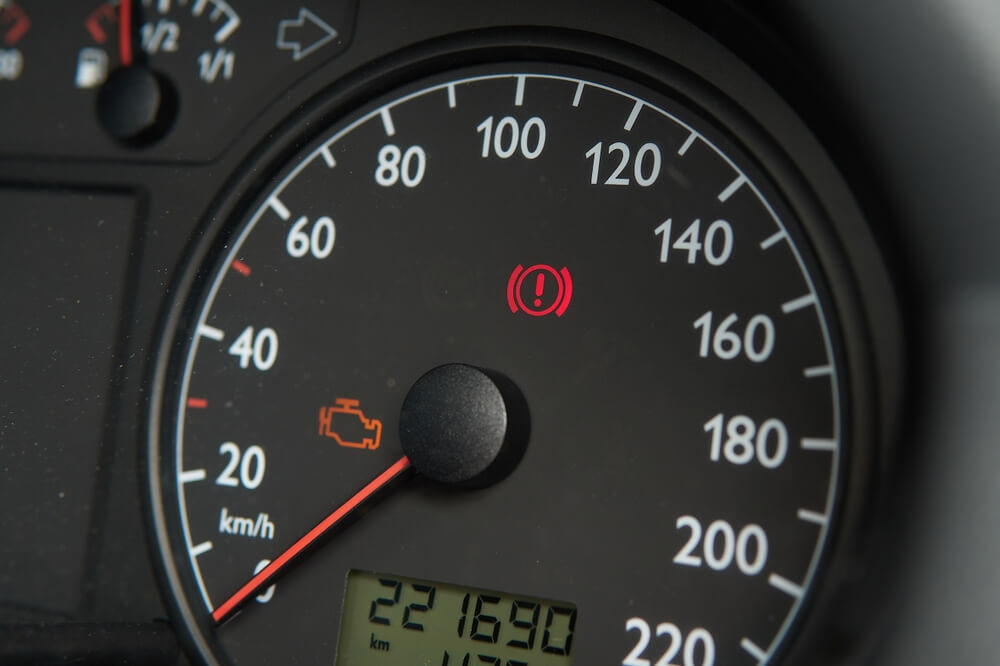
Seeing your Hyundai’s check engine light on can be alarming, but understanding its common causes and how to address them can alleviate much of the stress. Whether it’s a simple fix like tightening the gas cap or a more complex issue requiring professional attention, staying informed and proactive is the best way to keep your vehicle in top condition. Regular maintenance and timely diagnostics will ensure that you spend more time enjoying the drive and less time worrying about unexpected alerts. If you’re facing any issues with your Hyundai or need expert advice, contact Legacy Autoworx today.

